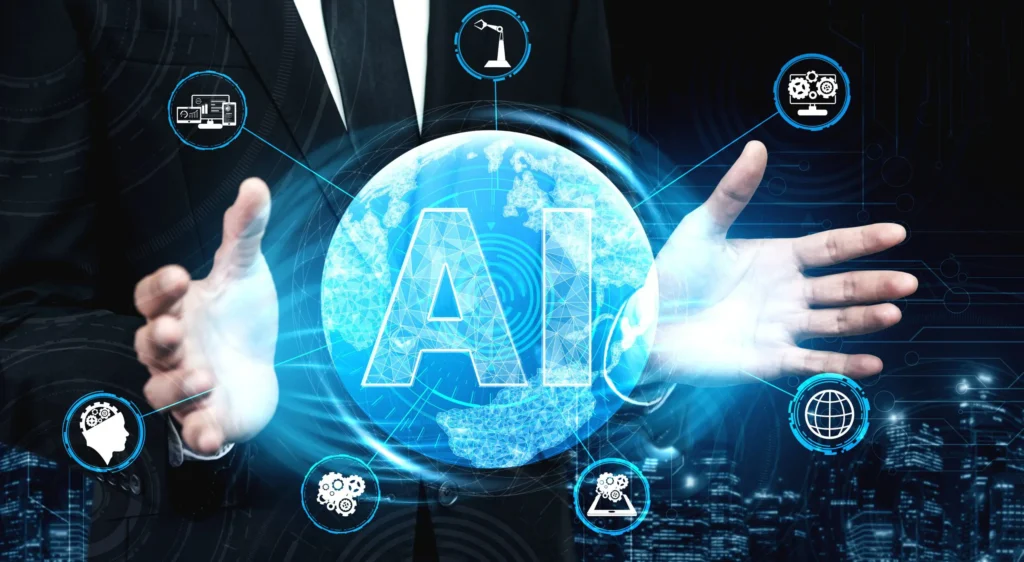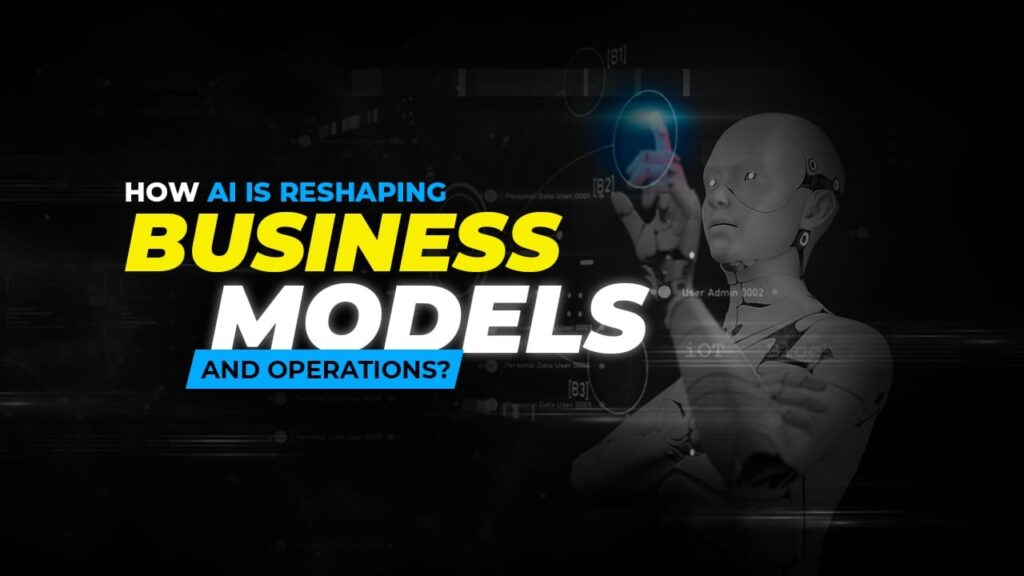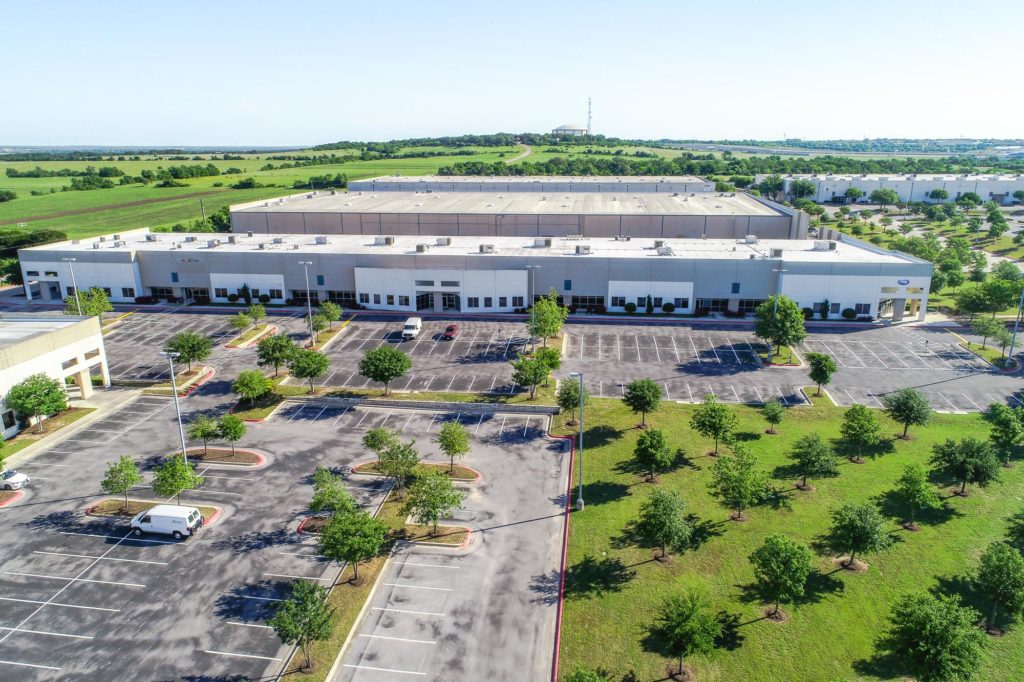Discovering How AI is Reshaping Business?

Artificial Intelligence (AI) has become a transformative force across industries, reshaping traditional business models and revolutionizing the way organizations operate. In this article, we delve into the profound impact of AI on businesses, exploring its various applications, benefits, challenges, and future prospects.
Types and Categories of AI in Business
Automation
AI-driven automation streamlines repetitive tasks, optimizing workflows, and boosting operational efficiency. From data entry to inventory management, businesses leverage automation to reduce manual labor and increase productivity.
Data Analysis
AI empowers businesses to extract actionable insights from vast datasets, enabling informed decision-making and strategic planning. Through machine learning algorithms, companies can analyze consumer behavior, market trends, and competitive landscapes to drive growth and innovation.
Customer Service
AI-powered chatbots and virtual assistants enhance customer service experiences by providing real-time support and personalized interactions. These intelligent systems handle inquiries, troubleshoot issues, and offer product recommendations, fostering customer satisfaction and loyalty.
Predictive Analytics
By harnessing predictive analytics, businesses anticipate future trends and behaviors, enabling proactive decision-making and risk management. AI algorithms forecast market demand, identify potential opportunities, and mitigate operational risks, empowering organizations to stay ahead of the curve.
Personalization
AI-driven personalization tailors products, services, and marketing campaigns to individual preferences and behaviors. Through data-driven insights, businesses deliver targeted recommendations, promotions, and content, enriching customer engagement and driving conversions.
Cybersecurity
AI plays a pivotal role in fortifying cybersecurity defenses and detecting and mitigating threats in real time. Machine learning algorithms analyze network traffic, identify anomalies, and preempt cyber attacks, safeguarding sensitive data and preserving business continuity.
Impact of AI on Business
Efficiency Improvement
AI-driven automation streamlines business processes, reducing manual errors and increasing operational efficiency. By eliminating repetitive tasks, employees can focus on high-value activities, driving productivity and innovation.
Cost Reduction
Through AI-driven optimization and resource allocation, businesses minimize wastage and maximize cost savings. From inventory management to energy consumption, AI algorithms identify inefficiencies and recommend cost-effective solutions, improving bottom-line performance.
Enhanced Decision Making
AI empowers businesses with data-driven insights, enabling informed decision-making across all levels of the organization. By synthesizing complex information and predicting outcomes, executives can formulate strategic initiatives and adapt to evolving market dynamics.
Competitive Advantage
By embracing AI technologies, businesses gain a competitive edge in the digital landscape. From personalized customer experiences to predictive analytics, AI-driven innovations differentiate brands, attract new customers, and foster long-term growth.
Challenges and Concerns
Job Displacement
The widespread adoption of AI raises concerns about job displacement and workforce disruption. While automation streamlines operations, it also necessitates reskilling and upskilling initiatives to mitigate job losses and foster workforce readiness.
Data Privacy and Security
As businesses collect and analyze vast amounts of data, ensuring data privacy and security becomes paramount. AI-driven algorithms must adhere to stringent privacy regulations and cybersecurity protocols to safeguard sensitive information and mitigate risks of data breaches.
Ethical Considerations
AI algorithms are susceptible to biases and ethical dilemmas, raising concerns about fairness and accountability. Businesses must prioritize ethical AI practices, transparent decision-making, and responsible use of AI technologies to build trust with consumers and stakeholders.
AI Implementation Strategies
Planning and Assessment
Successful AI implementation begins with a comprehensive planning and assessment phase. Businesses must identify key objectives, assess organizational readiness, and define clear use cases for AI integration.
Talent Acquisition and Training
Building a skilled workforce is essential for successful AI adoption. Companies must invest in talent acquisition, training programs, and cross-functional collaboration to cultivate AI expertise and drive innovation.
Integration with Existing Systems
AI integration requires seamless interoperability with existing systems and technologies. Businesses must align AI initiatives with strategic objectives, evaluate compatibility with legacy infrastructure, and prioritize scalability and flexibility.
Continuous Monitoring and Improvement
AI implementation is an iterative process that requires continuous monitoring and improvement. Businesses must collect feedback, analyze performance metrics, and iterate on AI models to optimize outcomes and drive sustainable growth.
Case Studies
AI in E-commerce
Leading e-commerce platforms leverage AI for personalized recommendations, dynamic pricing, and fraud detection, enhancing customer experiences and driving sales growth.
AI in Healthcare
AI-powered diagnostic tools, predictive analytics, and virtual care platforms revolutionize healthcare delivery, improving patient outcomes and optimizing clinical workflows.
AI in Finance
Financial institutions utilize AI for risk management, fraud detection, and algorithmic trading, enhancing operational efficiency and mitigating financial risks.
AI in Manufacturing
AI-driven robotics, predictive maintenance, and supply chain optimization optimize manufacturing processes, reducing downtime and improving production quality.
AI in Marketing
AI-powered marketing automation, predictive analytics, and personalized campaigns enable marketers to target audiences more effectively, drive engagement, and maximize ROI.
Future Trends and Predictions
Expansion of AI Applications
AI technologies will continue to evolve and diversify, expanding into new industries and applications, from autonomous vehicles to smart cities, unlocking unprecedented opportunities for innovation and growth.
Advancements in AI Technology
Breakthroughs in AI research, including quantum computing, natural language processing, and reinforcement learning, will drive exponential improvements in AI capabilities, fueling a new era of technological advancement.
Ethical and Regulatory Developments
As AI adoption accelerates, policymakers and regulators will enact comprehensive frameworks to address ethical concerns, ensure transparency, and uphold accountability in AI development and deployment.
Conclusion
In conclusion, AI is poised to transform the future of business, driving innovation, efficiency, and competitiveness across industries. By embracing AI technologies responsibly and ethically, businesses can unlock new opportunities, navigate challenges, and shape a brighter, more inclusive future.




Leave a Comment